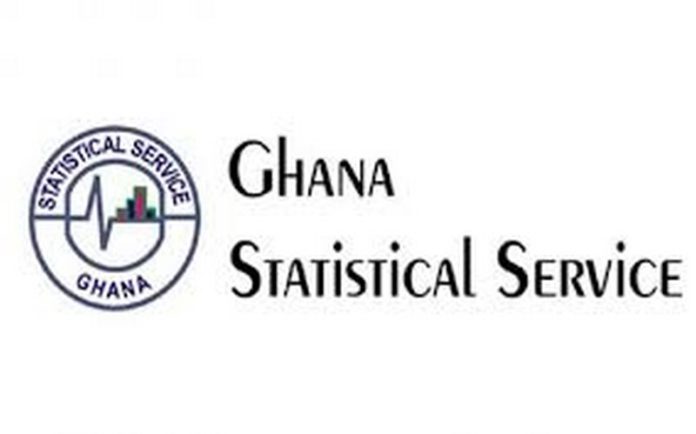The Ghana Statistical Service (GSS) is overseeing an Independent Final Evaluation of the Ghana National Anti-Corruption Action Plan (NACAP), which has been in effect from 2015 to 2024.
The evaluation is being conducted with support from national consultants and the United Nations Office on Drugs and Crime (UNODC). The purpose is to assess the effectiveness, impact, and sustainability of NACAP in addressing corruption in Ghana.
The implementation of NACAP is managed by the High-Level Implementation Committee (HiLIC) and the Monitoring Committee (Monicom), with the Commission for Human Rights and Administrative Justice (CHRAJ) playing a central role in coordination.
The evaluation will cover all NACAP stakeholders, including government bodies, anti-corruption agencies, civil society organizations (CSOs), and the general public.
The evaluation process includes document reviews, surveys, and interviews, with the goal of gathering information that will guide the development of the second phase of NACAP, planned for 2025 to 2034.
The findings will help shape future anti-corruption strategies and improve governance in Ghana.
It will help build public capacity to condemn and combat corruption, making it a high-risk, low-gain activity as well as institutionalize efficiency, accountability, and transparency across public, private, and not-for-profit sectors.
The aim is also to egage individuals, media, and Civil Society Organizations (CSOs) in reporting and addressing corruption and conduct effective investigations and prosecutions of corrupt activities.
The GSS, as the national statistical office, ensures the impartiality of the evaluation, while the involvement of international advisors from UNODC provides additional quality assurance.
GSS is calling on all Ghanaians to participate in the evaluation by providing feedback through a Citizen Science approach.
The questionnaire is available online, and all responses will be confidential and used only for evaluation purposes.


